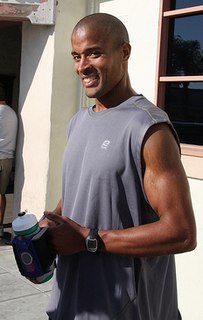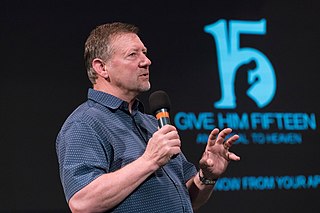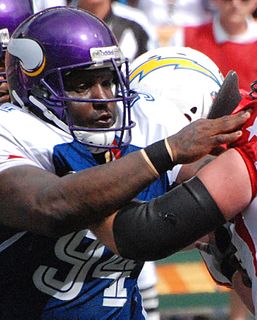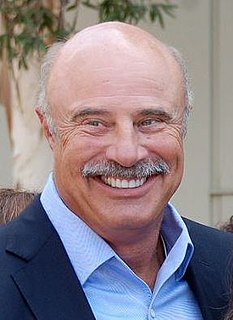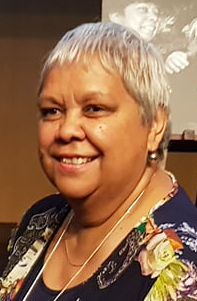A Quote by John C. Maxwell
Leaders need to remember that the point of leading is not to cross the finish line first. It's to take people across the finish line with you. For that reason, leaders must deliberately slow their pace, stay connected to their people, enlist others to help fulfill the vision, and keep people going. You can't do that if you're running too far ahead of your people.
Related Quotes
I would love to say that the world is changing in the movie industry for people of color, women, the LGBTQ community and other minorities since I began my career, and that we are evolving as a species, but I think that given this social and political climate, I'm at a loss. It's like running a marathon and thinking you're halfway done and you can see the finish line - but the finish line is actually the first checkpoint.
There are always more questions. Science as a process is never complete. It is not a foot race, with a finish line.... People will always be waiting at a particular finish line: journalists with their cameras, impatient crowds eager to call the race, astounded to see the scientists approach, pass the mark, and keep running. It's a common misunderstanding, he said. They conclude there was no race. As long as we won't commit to knowing everything, the presumption is we know nothing.
To my mind, you cannot speak about the need for leadership within our communities without being prepared to take on responsibility yourself. It's not enough to point the finger at those who have let us down and to expect others to come forward and fix our problems. Nor can anyone afford to call themselves a leader unless they truly have the interests of our community at heart. Too many people like to think they are leaders and too many are identified by the media as leaders who are not really leaders at all.
People who are not leaders automatically gravitate toward lines--limitations set by others. Many people are taught this in kindergarten when they are instructed to stay within the lines while coloring. But leaders are more creative than that. They look for options and opportunities. They try to take things in a new direction, or beyond the limit. Progress and innovation are made by people who think without lines.

